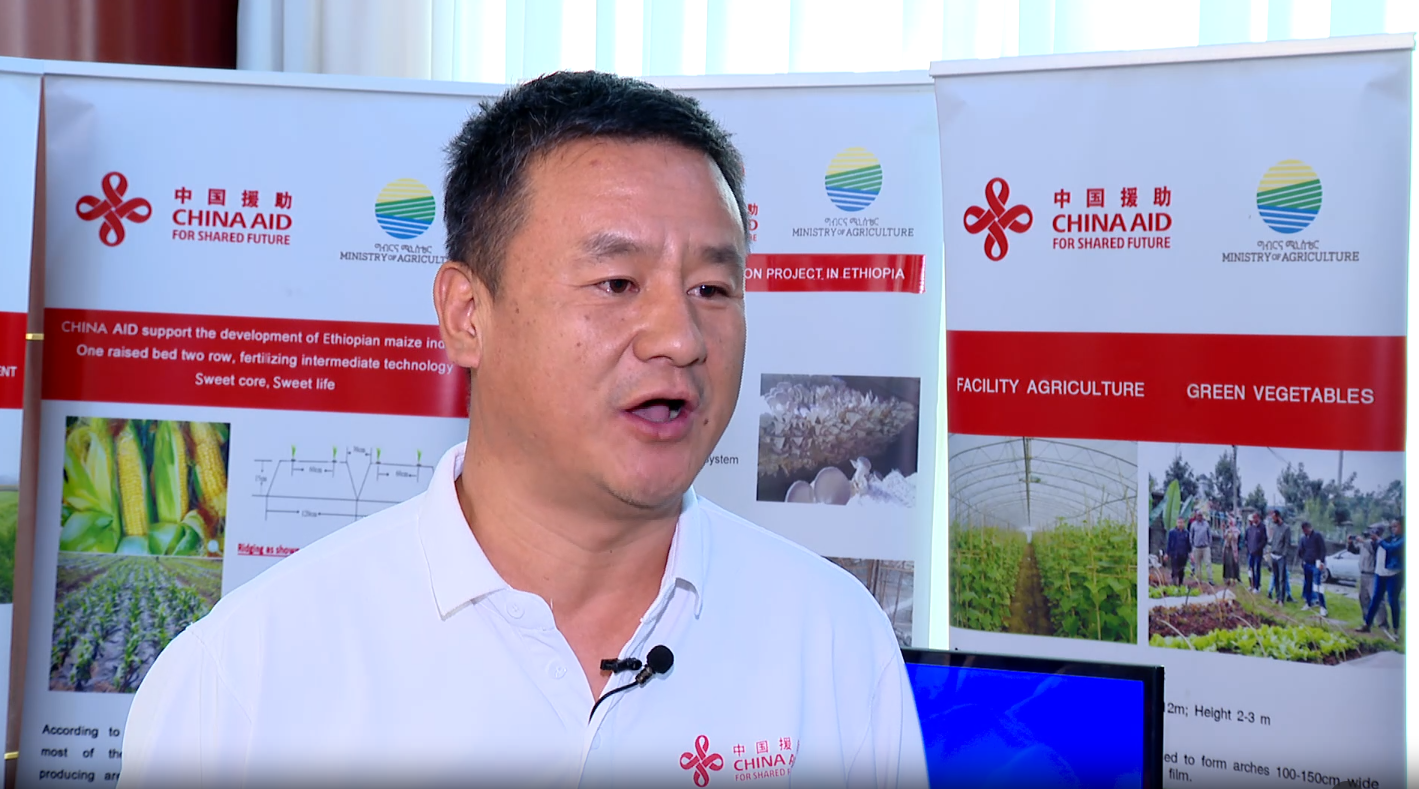China-Ethiopia Agricultural Collaboration: A Pathway to Modernization and Shared Prosperity
A significant agricultural partnership between China and Ethiopia is playing a pivotal role in modernizing Ethiopia’s farming industry and promoting mutual prosperity. According to a leading Chinese expert, this collaboration is not only transforming the agricultural landscape but also fostering sustainable development and shared growth.
Wen Liming, an expert in veterinary science and dairy production, emphasized that the China-Ethiopia Agricultural Cooperation Poverty Reduction Demonstration Village in Godino, Adea District, represents a groundbreaking initiative. This project goes beyond technical assistance, showcasing a deep commitment to working closely with local communities to drive meaningful change.
For the past nine months, a team of eight Chinese experts has been actively engaged in improving agricultural practices in Godino, located in the Oromia Region. Their efforts encompass various aspects of farming, including mushroom cultivation, fruit and vegetable farming, and livestock management. The team also provides direct support through mechanized plowing, artificial insemination, and the distribution of high-quality seeds and fertilizers.
The success of the Godino demonstration project highlights effective agricultural practices, strong community involvement, and the empowerment of women. It serves as a model for how collaborative efforts can lead to tangible improvements in rural livelihoods.
Wen Liming pointed out that China is strengthening its agricultural cooperation with Ethiopia as part of its broader commitment to supporting agricultural development across Africa. This includes substantial donations of agricultural machinery such as tractors, seedling machines, and milking tools to various demonstration sites throughout Ethiopia.
Drawing from his own experiences, Wen highlighted China’s journey toward remarkable agricultural growth. He noted that China’s success was achieved by combining traditional agricultural wisdom with modern technological innovations, ultimately leading to food self-sufficiency. He also recognized Ethiopia’s inherent advantages, such as extensive cultivable land, abundant water resources, and a youthful population.
Beyond aid, the partnership extends into trade, with China offering zero-tariff treatment for Ethiopian agricultural exports. This policy encourages the sale of popular products like coffee, avocado, beef, and honey, aiming to expand market access and increase trade revenue for Ethiopian farmers.
“We hope that within our two nations, the people and all investors will contribute to enhancing agricultural modernization for Ethiopians,” said Wen. “China welcomes high-quality agricultural products to be exported to China. We provide tariff-free trade opportunities for all African countries, especially Ethiopia.”
This partnership exemplifies collaborative growth, knowledge transfer, and agricultural advancement. It offers a promising path toward food security and economic progress for Ethiopia and the wider region.
Through sustained investment, technology transfer, and policy support, the China-Ethiopia agricultural collaboration is setting a new standard for international partnerships aimed at driving sustainable development and poverty reduction. As both nations continue to work together, the potential for long-term benefits for farmers, communities, and economies remains immense.







